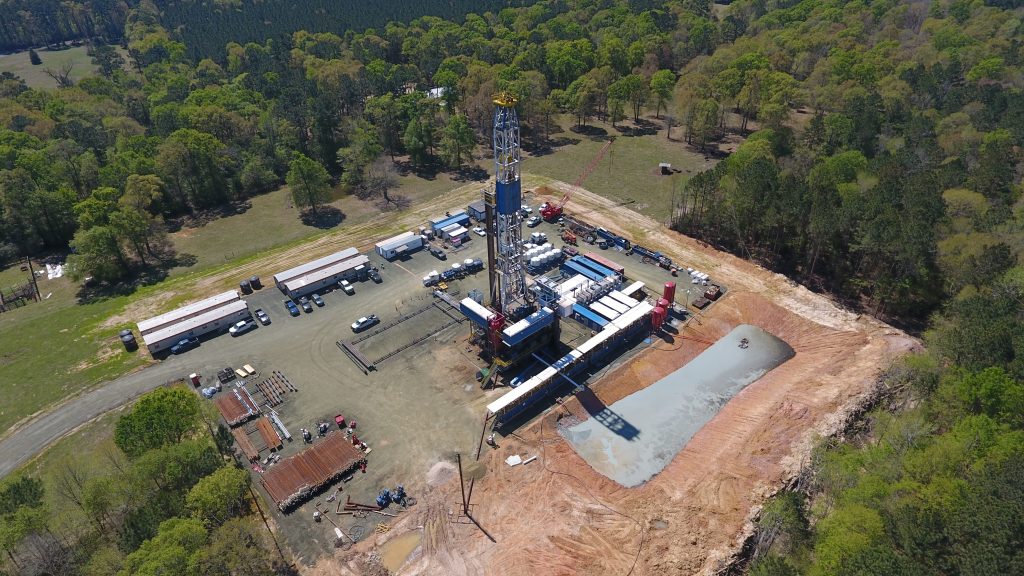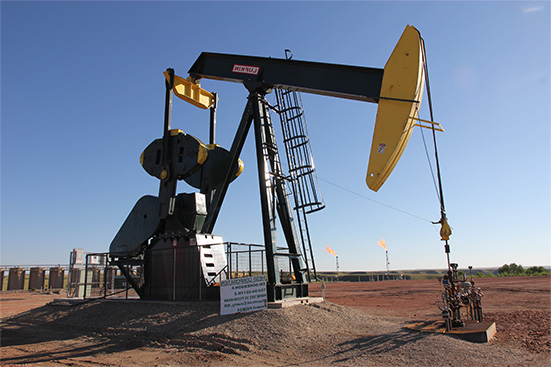
Mineral rights owners have a great deal to gain. Along with determining the property tax payments and land ownership, there are other factors to consider.
If you intend to conduct a mineral rights search in Texas, here are several approaches you could take into consideration:
Get in touch with a Title Company
You may get in touch with a title company that specializes in property ownership research and request their assistance. They can help you in exploring public records and provide you with a report on the mineral rights ownership for a specific land area.
Hire a Landman
To conduct a more thorough search of mineral rights in the state, property owners can hire the services of a landman. These professionals specialize in researching mineral rights and land ownership.
Contact the Texas Railroad Commission
To obtain useful information for your search, you may contact the Texas Railroad Commission, which oversees the oil and gas industry in the state.
Consult with an Expert
If you encounter difficulty in finding information about mineral rights in Texas, seeking the advice of a mineral rights attorney is recommended. These legal professionals are well-versed in the law and can provide you with assistance.
Contact DW Energy
Want to learn more about oil & gas investing? Our expert team can provide you with more information or schedule a consultation to talk about diversifying your investment portfolio.

Go over Public Records
By exploring public records, you can obtain adequate information regarding mineral rights in Texas.
Examine the Property Deed
As a Texas landowner, you can examine the property deed to determine whether it includes mineral conveyances or reservations. A mineral conveyance implies that the mineral rights were transferred to you during the property sale, whereas a mineral reservation indicates that the previous owner still retains the mineral rights even after selling the property.
Check the County Clerk’s Office
To find information on mineral rights, you may also visit the county clerk’s office in the county where the minerals are located. This office stores data, documents, and records of leases and deeds filed for mineral rights.
A Title Search of Mineral Rights Ownership
Mineral rights research is not exclusive to property owners. Companies interested in the resources available on the land will also need to investigate and determine the ownership of mineral rights.
This is because these companies require permission from the rightful owners. Additionally, the company needs to be aware of who to include in the payment of any royalties obtained from the resources.
As mineral rights are crucial for exploration and production, companies may rely on internal and external resources to verify the ownership of these rights.
Researching Inherited Mineral Rights
When a relative leaves land as an inheritance, the recipient faces various decisions. If minerals are present on the property, making the correct decision can be financially beneficial.
It is important to understand the rights owned by the relative and include them as part of the inheritance.
You may consult an attorney who understands the oil and gas sector or a professional title researcher to obtain clarity on mineral rights and surface rights, as well as help you in claiming any royalty payments for minerals extracted from the land.
How Much Does a Mineral Search Cost?
Recognizing and determining if you possess the mineral rights to your property is essential. However, hiring an online records search company or service to perform this task for you can be somewhat costly.
Mineral management software enables the digitization of hundreds of county records, which are readily accessible and kept up to date.
Commissioning a geological property survey is considered one of the top methods for ensuring comprehensive and precise results. Although the cost of such surveys may be high, they offer unparalleled accuracy.
The cost of the research may range from $300 to $500 per day, depending on the landman’s experience level, education, certification, and findings. You can also take advantage of this opportunity to verify your royalty payments.
Knowing whether you possess mineral rights can be a challenging and time-consuming task. However, it is worthwhile to do the necessary work and research to determine if you have mineral rights on your property, since owning mineral rights on your land can be highly profitable for property owners.
For 30 years, DW Energy has used its expertise to partner with some of the best operators in the industry in North Dakota, Oklahoma, and Texas. These partnerships have allowed DW Energy Group access to great oil and gas investment opportunities for minerals in some of the best oil and gas fields in the world. Contact us today for more information.
Contact dw energy
Sources:
“How Do I Find Out If I Own the Minerals Under my Land?” Landgate, https://landgate.com/news/2020/08/25/how-do-i-find-out-if-i-own-the-minerals-under-my-land/
“MRP 10: How to Perform a Title Search,” The Mineral Rights Podcast, https://mineralrightspodcast.com/mrp-10-how-to-perform-a-title-search/
“Basic Conveyancing Rules for Mineral Deeds and Assignments of Oil and Gas Leases,” The Center for American and International Law, https://www.cailaw.org/media/files/IEL/ConferenceMaterial/2015/title/BBurford-paper.pdf
“Guide to Inherited Mineral Rights: Understanding Oil and Gas Mineral Rights,” Bradley Hammond Law, https://www.bradleyhammondlaw.com/guide-to-inherited-mineral-rights-understanding-your-oil-and-gas-mineral-rights
“What are mineral rights in real estate?” Bankrate, https://www.bankrate.com/real-estate/what-are-mineral-rights/
